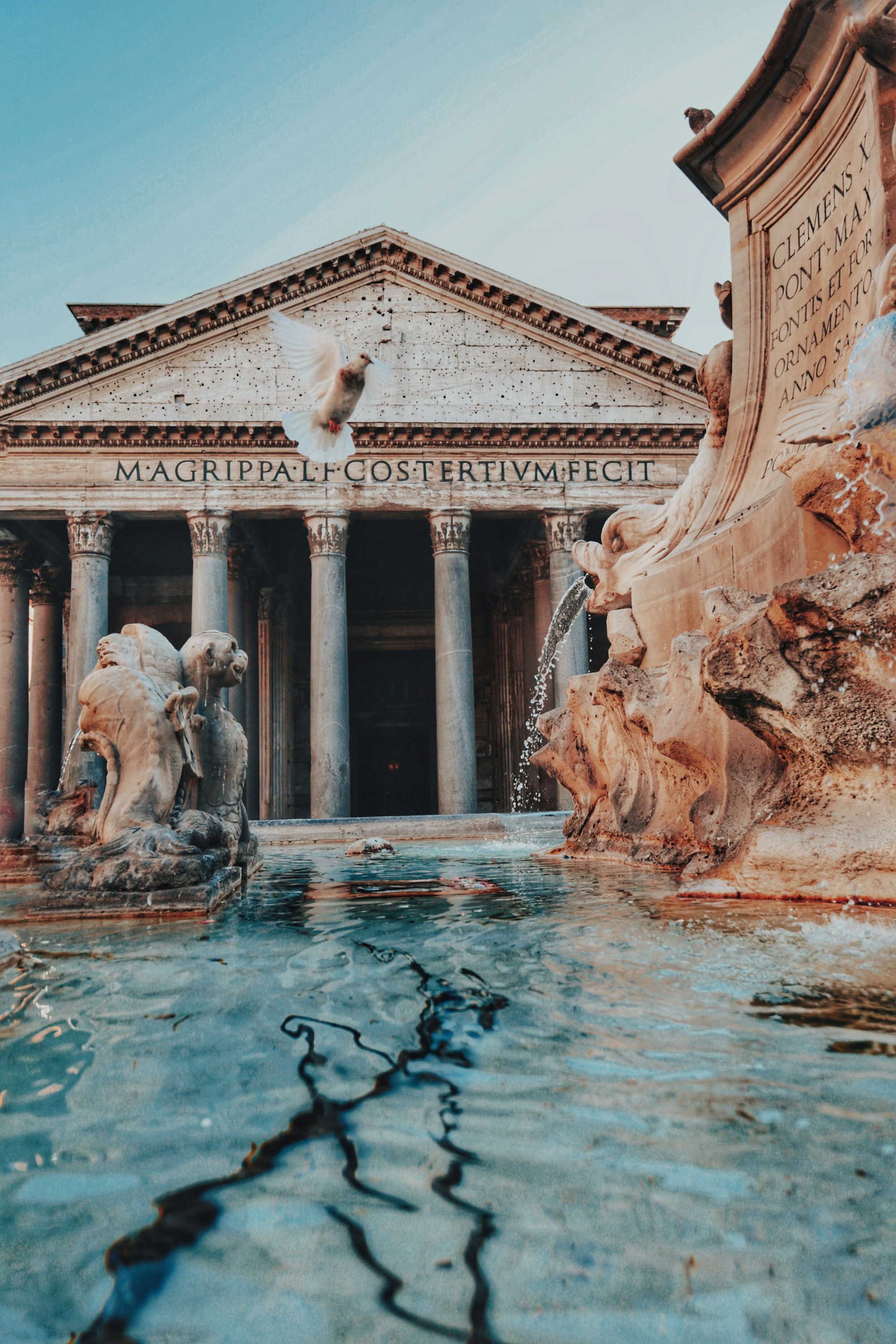Best Times to Visit Rome: Ideal Weather, Seasons & Months

Best Times to Visit Rome: Ideal Weather, Seasons & Months
As one of the most historical and captivating cities in the world, Rome attracts visitors year-round. However, knowing the best time to visit can enhance your experience even further. Considered a Mediterranean climate, Rome experiences mild winters and hot summers. Here is a breakdown of the ideal weather, seasons, and months to help you plan your visit to the Eternal City.
Seasons in Rome
Rome has four distinct seasons: spring, summer, autumn, and winter. Each season offers a unique climate and atmosphere, so it's important to consider your preferences and planned activities when choosing the best time to visit.
Spring (March - May)
Spring is a wonderful time to visit Rome. The weather is mild and pleasant, with temperatures ranging from 15°C to 20°C (59°F - 68°F). The city starts to bloom, showcasing beautiful flowers and greenery. Spring also marks the start of the tourist season, so expect larger crowds and book accommodations well in advance.
Summer (June - August)
Summers in Rome can be quite hot, with temperatures averaging between 25°C to 35°C (77°F - 95°F). However, if you can tolerate the heat, this is a great time to explore the city. The long days provide ample time to visit the numerous landmarks and enjoy outdoor activities. Just be prepared for more tourists and higher prices, as summer is the peak tourist season in Rome.
Autumn (September - November)
Autumn brings cooler temperatures to Rome, ranging from 15°C to 25°C (59°F - 77°F). The city is generally less crowded during this season compared to spring and summer, making it an excellent time to visit if you prefer a more relaxed atmosphere. The fall foliage adds a touch of beauty to the already picturesque cityscape.
Winter (December - February)
Winter is the quietest season in Rome, with temperatures averaging around 10°C to 15°C (50°F - 59°F). While it may be too cold for outdoor activities, you can enjoy the city's historical sites without large crowds. It's also a great time to experience the festive atmosphere of Christmas and New Year's Eve in Rome.
Monthly Breakdown
| Month | Season | Humidity | Temperature (°C) | Sun Hours | Rainfall (mm) |
|---|---|---|---|---|---|
| January | Winter | 75% | 8°C - 12°C | 4 hours | 69 mm |
| February | Winter | 70% | 8°C - 13°C | 5 hours | 68 mm |
| March | Spring | 70% | 9°C - 15°C | 6 hours | 58 mm |
| April | Spring | 70% | 11°C - 18°C | 7 hours | 66 mm |
| May | Spring | 70% | 14°C - 22°C | 8 hours | 49 mm |
| June | Summer | 70% | 17°C - 27°C | 9 hours | 40 mm |
| July | Summer | 65% | 20°C - 31°C | 10 hours | 18 mm |
| August | Summer | 65% | 20°C - 31°C | 9 hours | 20 mm |
| September | Autumn | 70% | 17°C - 26°C | 8 hours | 39 mm |
| October | Autumn | 75% | 13°C - 21°C | 7 hours | 102 mm |
| November | Autumn | 75% | 10°C - 16°C | 5 hours | 138 mm |
| December | Winter | 70% | 8°C - 13°C | 4 hours | 98 mm |
It's important to note that these figures represent averages, and variations can occur from year to year.
Conclusion
Rome is a captivating city to visit year-round, each season offering its own unique charm. Spring and autumn are generally considered the best times to visit, with milder temperatures and fewer crowds. Summer attracts the most tourists, but it allows for longer days of exploration. Winter offers a quieter experience and the opportunity to experience festive celebrations. Consider your preferences and planned activities to choose the best time for your Rome adventure!
